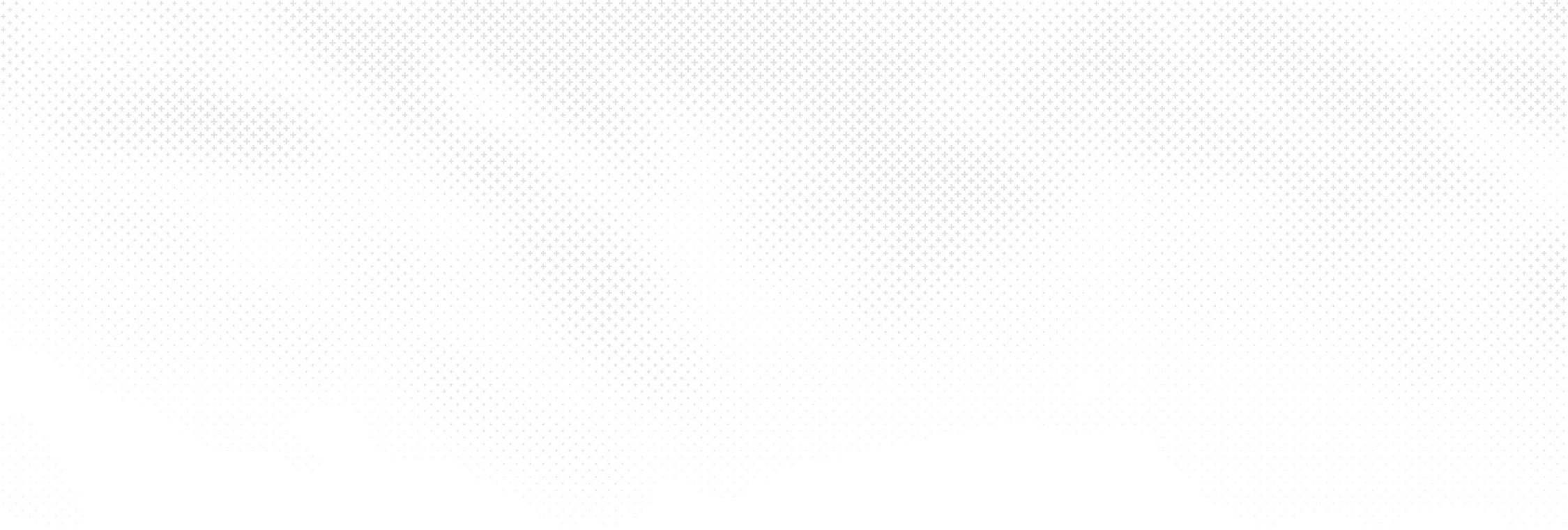We cultivate an attitude of productive, informed ambivalence about the work we do—recognizing that no human being or enterprise is all good or all bad, and that all work takes place within specific physical, social, and historical contexts and lineages of inherited, intergenerational trauma.
Per Venkat Rao, we try to approach our work with high intelligence paired with a “dismantled sacredness module” that allows us to see what’s bright, shining, and good, while recognizing that these very same things can be harmful, morally compromised, and ultimately doomed. Heeding the lessons of grand opera, we stay equally open to exuberance and horror, joy and despair. Our personal blend of attuned empathy and dark optimism is the mindset we’ve drifted into over time not because it’s fun or commercial, but because it’s effective, generative, elastic, and sustainable.
One specific, sacred idea that we don’t attach to either way is the notion that human civilization is inherently good. Echoing both Jared Diamond and Yuval Noah Harari, Christopher Ryan argued in Civilized to Death: The Price of Progress that humanity’s prehistoric leap from foraging to sustained agriculture was a situational accident and costly mistake. Douglas Rushkoff and others have pointed out that the quality of life during the so-called Dark Ages was in many ways much better than what most humans experienced during the Renaissance, or since. Walter Benjamin wrote vividly of history as an ongoing catastrophe, with the relentless march of “progress” thwarting any attempt at healing or repair.
Seeing the limits of civilization—and Western civilization specifically—doesn’t necessarily lead to pessimism. Our experience is that it can foster unique insight, ongoing humility, full-of-care attention, and workable acceptance.
Here are some specific principles that animate our work, and that allow us to cheer progress while staying realistic about what’s actually possible:
- Civilizations collapse when they exhaust their finite resources. Our multi-century “civilization debt” is showing up today as global positive feedback loops of ecological destruction, overheated financial markets, and military conflict.
- Every human enterprise contains the seeds of its own destruction. This is an energetic principle of all complex systems, which we see in Greek tragedies and ancient monomyths, in Jacques Barzun’s assessment of Western civilization, and in Venkat Rao’s description of human brains as “crash only” software programs. Speaking of which…
- No person or group changes their beliefs unless they have to. Unconscious incompetence is energetically efficient, a feature of the human brain, not a bug. As Auden writes “We would rather die in dread / Than climb the cross of the moment / And let our illusions die.”
- Pumping out consistent, believable illusions is critical to manufacturing consent. For a nuanced and up-to-date view of today’s mediascape and financial markets, Epsilon Theory is a particularly good resource.
- Small-group, primate politics rule every human system. The Dictator’s Handbook is a must-read for anyone wondering why their country, city, board, or department can’t quite get it together.
- God is in the details. Appreciating the brokenness and paradoxical nature of human civilization is self-indulgent or usless without active engagement and an informed, contemporary view of what’s actually going on. Wisdom comes from recognizing the deep interconnectedness and self-similarity of everything, as well as the particularity and peculiarity of everything. We follow sources like Ben Evans and CB Insights (and many others) to stay continually abreast of what’s happening, what’s different, and what’s new.
The world is changing quickly. Below are some of the resources we’ve found most useful in describing, with a historical lens, what’s true and what’s new.

World War III
2022+: Multipolar conflict between superpowers becomes hostile and overt, against a backdrop of global ecological catastrophe.
The Great Work
2020-2022: The COVID-19 pandemic creates an opportunity for both a reset and a reckoning.
Postneoliberalism
1619-2020: Understanding the origins and ultimate collapse of the dominant Western macroeconomic ideology of the past forty years.

